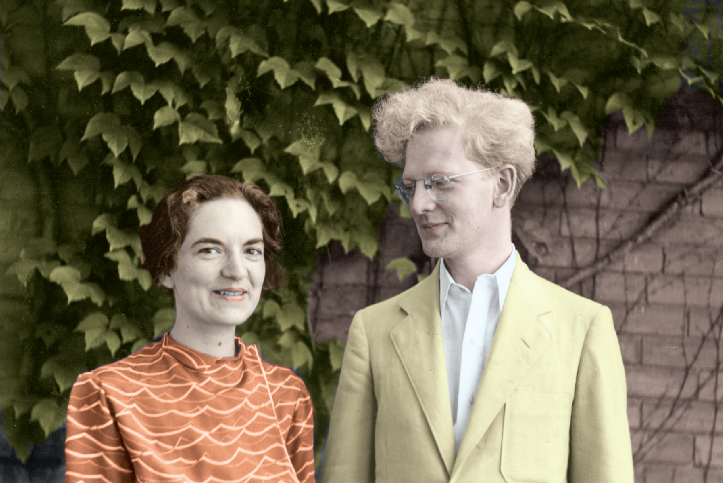
Jeannine Marie Pitas has recently translated a small book of poetry called The History of Violets by the Uruguyan poet Marosa di Giorgio. Though a slim volume, the poetry is powerful and ripe for analysis. In her introduction, Pitas writes: “For me, her poems recall the British Romantics – Wordsworth’s image of a child terrified by a jutting crag in his Prelude, or Blake’s awe before the little lamb’s innocence and the burning tiger’s power” (viii). These poems stand out because of the imaginative power of a poet whose voice, whatever its sources, seems wholly her own.
Though I have not yet found the time to give the poems the critical attention they deserve, I can hear echoes of Frye’s Blake throughout. As a scholar trained in Latin American Literature, I continue to believe that Frye has a great deal to teach us about a literature with which he evidently had little familiarity beyond an appreciation for Jorge Luis Borges. Just as the appeal of literature is universal, so are its archetypes and expression of prevailing human concerns. When it comes to these two literary elements, Frye remains most relevant to the study of world literature.
You can order The History of Violets here. Review here.
Di Giorgio reading one of her poems after the jump.
Continue reading →


